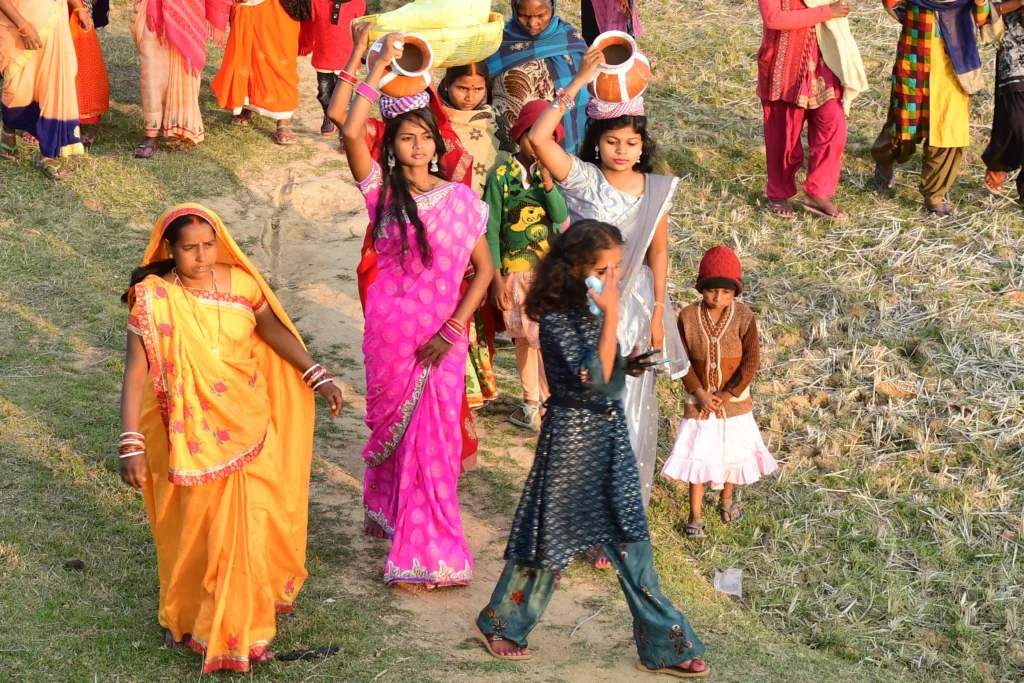Empowering Women through Education and Financial Literacy in India
3 min readIntroduction: The women’s right to education movement in India has been instrumental in breaking down barriers and providing equal educational opportunities for girls and women. Alongside education, promoting financial literacy among women has emerged as a crucial component of empowerment. Financial literacy equips women with the knowledge and skills to make informed financial decisions, manage their finances, and participate actively in economic activities. This article explores the integration of financial literacy within the women’s right to education movement in India and its impact on empowering women.

I. Historical Context and Challenges Faced by Women in Indian Education:
- Briefly discuss the historical context of gender discrimination in education in India.
- Highlight the barriers women faced, such as limited access, early marriage, societal norms, and lack of resources.
II. Pioneers of Women’s Education Advocacy and Financial Empowerment:
- Discuss the contributions of women pioneers like Savitribai Phule and Rukhmabai in advocating for women’s education and empowerment.
- Emphasize the need to address financial empowerment alongside educational opportunities.
III. Key Movements and Achievements:
A. Integration of Financial Literacy in Education:
- Explain how financial literacy programs have been integrated into the education system in India.
- Highlight government initiatives like the Financial Literacy and Credit Counseling Centers (FLCCs) and the Pradhan Mantri Jan Dhan Yojana (PMJDY) that promote financial inclusion and literacy among women.
B. Role of Non-Governmental Organizations (NGOs):
- Discuss the efforts of NGOs like Self-Employed Women’s Association (SEWA) and Women’s World Banking in promoting financial literacy and entrepreneurship among women.
- Highlight success stories of women who have benefitted from financial literacy programs.
IV. Impact of Financial Literacy on Women’s Empowerment:
A. Economic Empowerment:
- Discuss how financial literacy equips women with skills to manage finances, start businesses, and access credit.
- Highlight success stories of women entrepreneurs who have achieved economic independence through financial literacy.
B. Decision-Making and Agency:
- Explain how financial literacy enhances women’s decision-making capabilities within their households and communities.
- Discuss the importance of women’s involvement in financial planning and investment decisions.
C. Breaking the Cycle of Poverty:
- Highlight how financial literacy can break the cycle of poverty by empowering women to save, invest, and secure their financial future.
- Discuss the potential ripple effects of women’s financial empowerment on the well-being of their families and communities.
V. Ongoing Challenges and the Way Forward:
A. Access and Awareness:
- Address the challenges of reaching women in rural and marginalized communities with financial literacy programs.
- Emphasize the need for targeted outreach, community engagement, and awareness campaigns.
B. Skill Development and Capacity Building:
- Advocate for comprehensive financial literacy programs that go beyond basic concepts and include practical skills like budgeting, saving, and investing.
- Discuss the importance of ongoing support and mentoring to reinforce financial literacy skills.
C. Collaboration and Policy Support:
- Highlight the need for collaboration between government, NGOs, financial institutions, and educational institutions to provide comprehensive financial literacy programs for women.
- Call for supportive policies that facilitate women’s access to financial services and resources.
Conclusion:
Integrating financial literacy within the women’s right to education movement in India is crucial for empowering women economically and enhancing their decision-making abilities. Education, coupled with financial literacy, equips women with the skills and knowledge to lead independent and empowered lives. By addressing the challenges, fostering collaboration, and implementing supportive policies, India can create an enabling environment where women can fully participate in economic activities and shape their own financial futures. Empowering women through education and financial literacy not only benefits individuals but also contributes to overall social and economic development in India.


